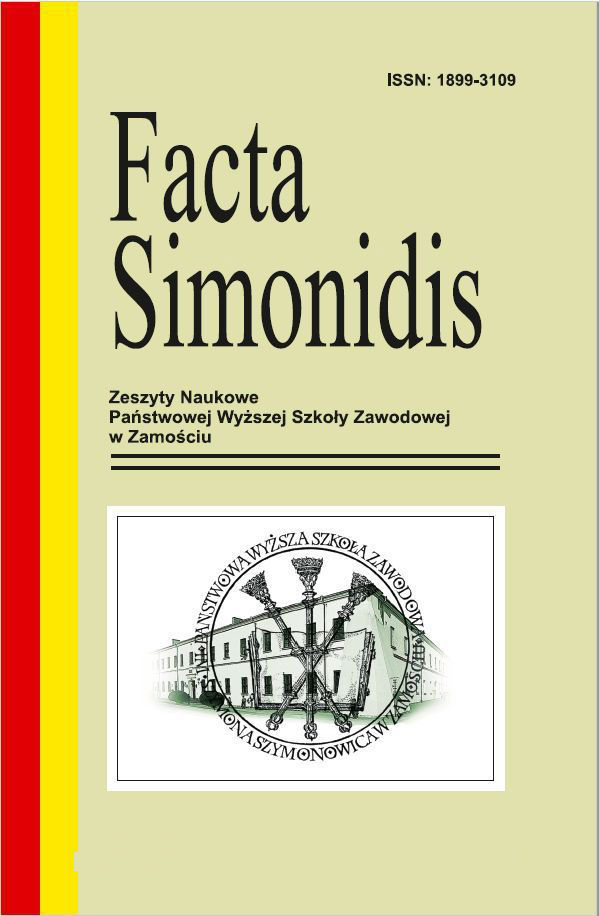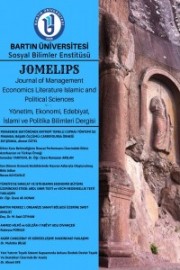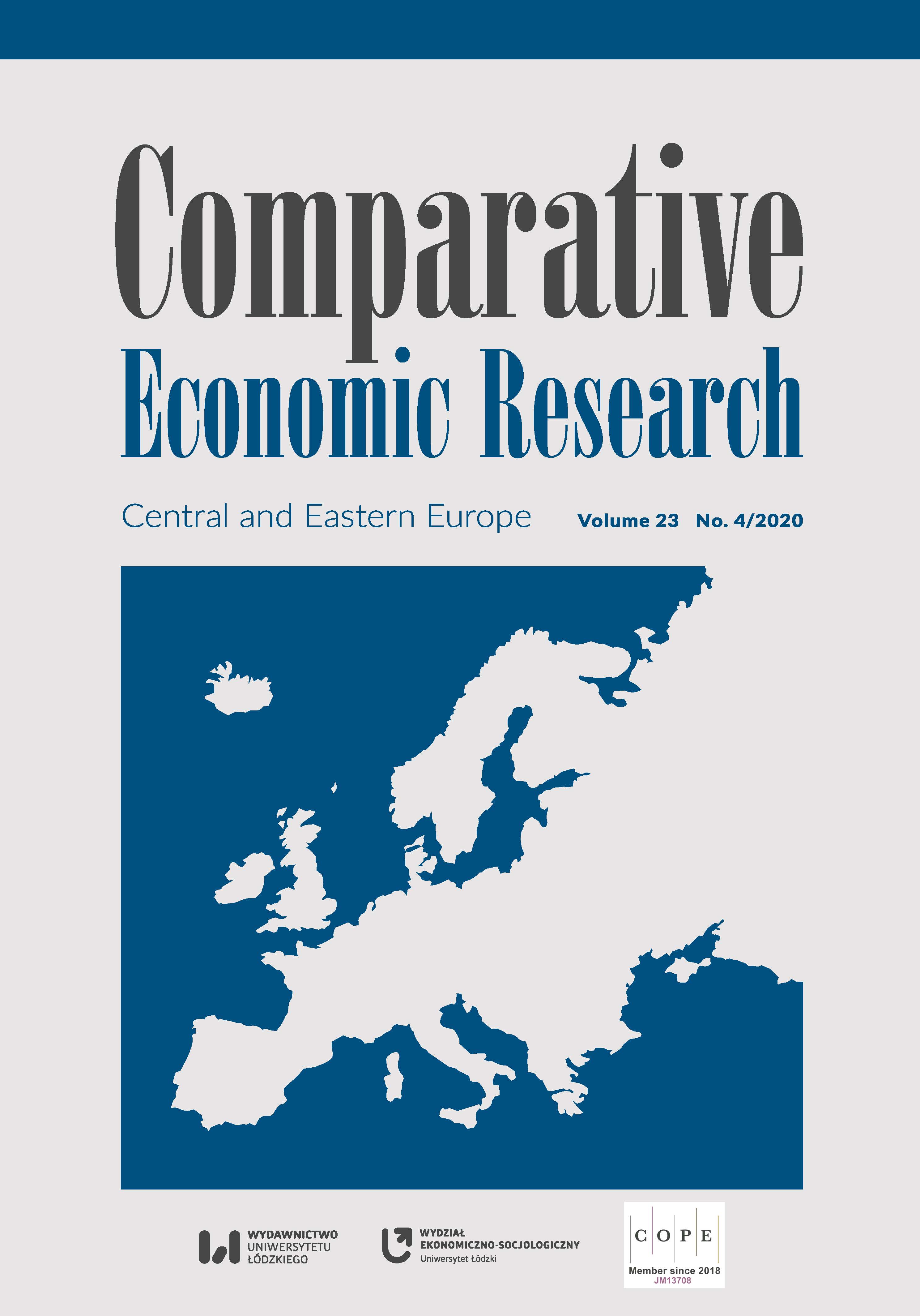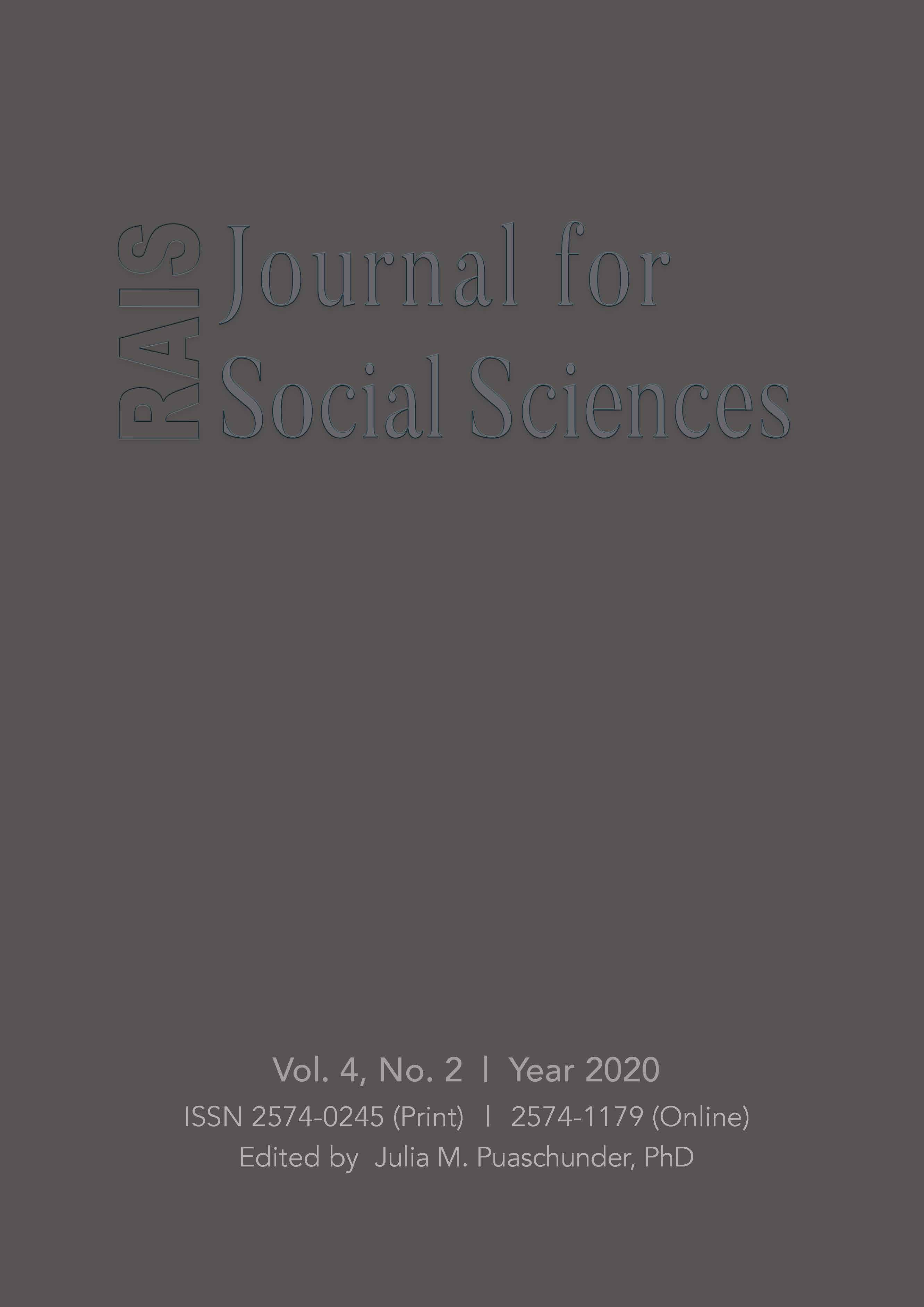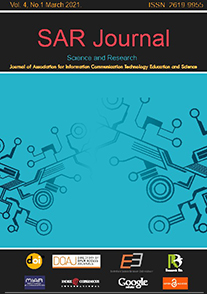
THE ITALIAN WAY TO FINANCIAL ACCUMULATION. PERSONAL NETWORKS AND INFORMAL PRACTICES OF THE ITALIAN ECONOMIC ELITES
This paper challenges the belief that Italian capitalism is a static and unchanging one. Italian capitalism has retained some unique characteristics: an elitist structure, close personal relationships, a high degree of informality. However, far from being just the characteristics of an unchanging capitalism, these peculiarities were the resources that Italian capitalism exploited to change its mode of action. First, we identify the network of interlocking actors in the Italian stock market and their set of informal practices, illustrating the paramount role of families and informal relationships. Second, we show why these characteristics did not prevent Italian capitalists to enter an era of financial accumulation. Resilience is the keyword, understood both as adaptation to changing conditions and as active reaction, a proper transformation. As an example of adaptation, we analyse how Italian capitalism has faced some institutional changes preserving its traditional power structure. As an example of transformation, we show how Italian capitalism adopted patterns of financial accumulation and maximization of shareholder value. Finally, we argue that informality and the dissemination of personal relationships are not impediment to change: in the practical logic of social and economic actors they are rather resources to be exploited when it comes to make changes without sacrificing the status quo.
More...

